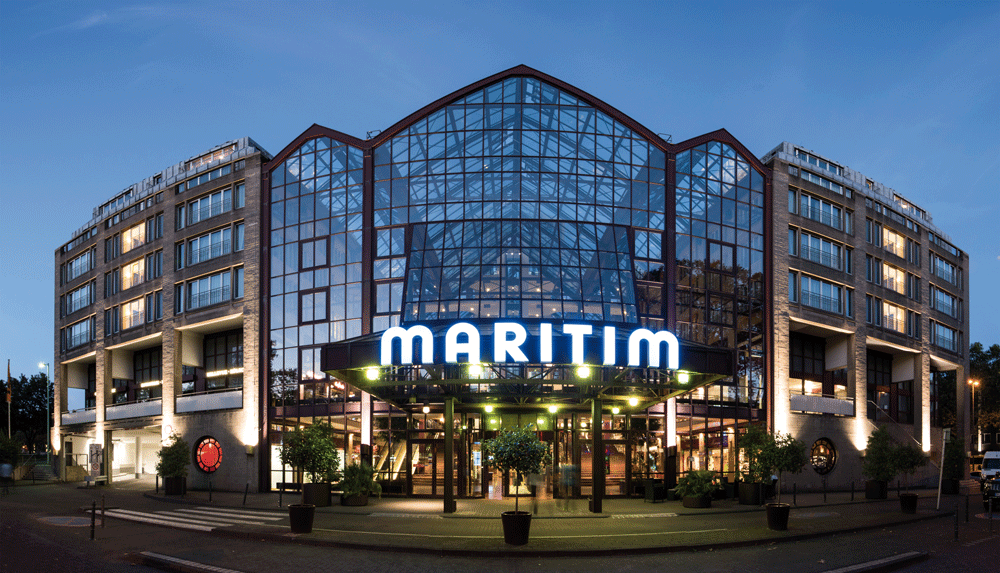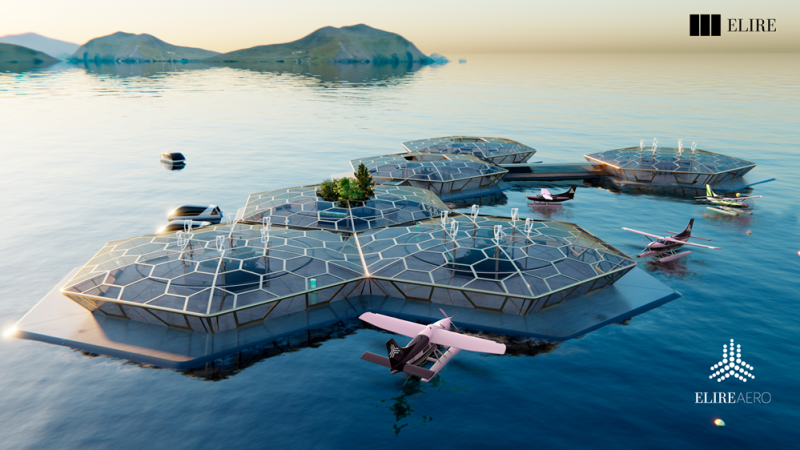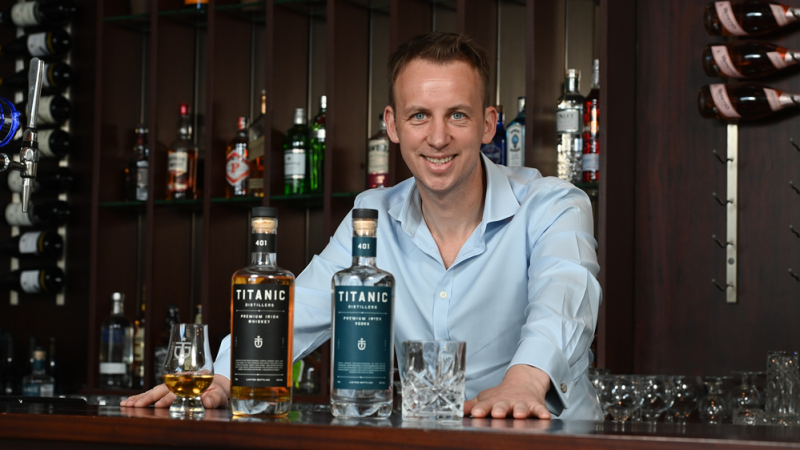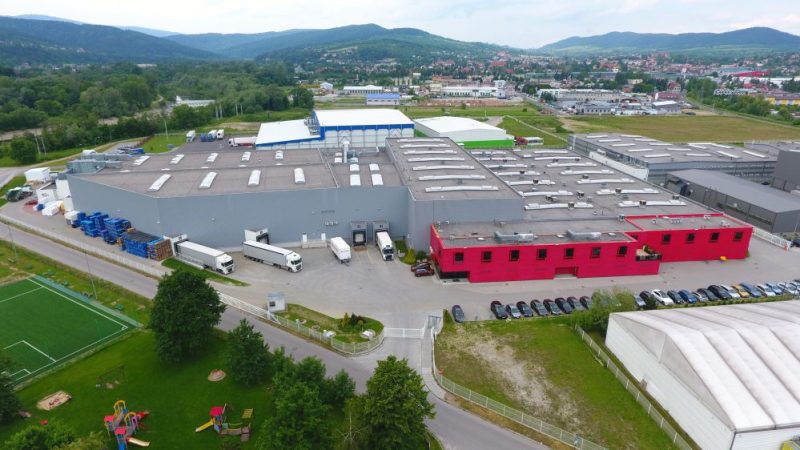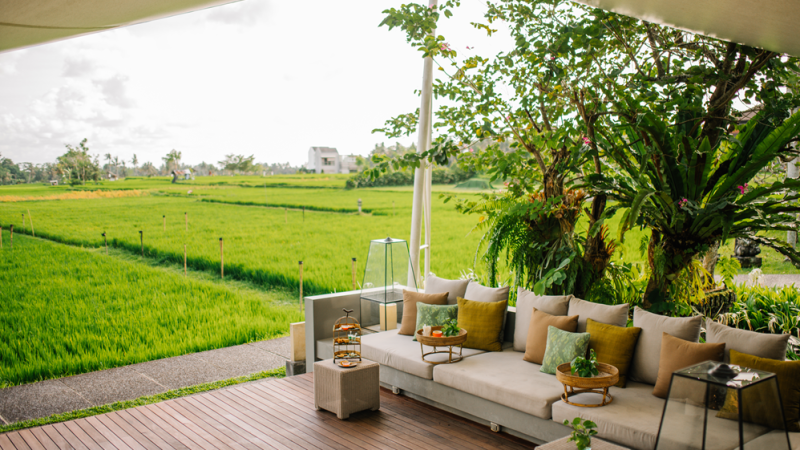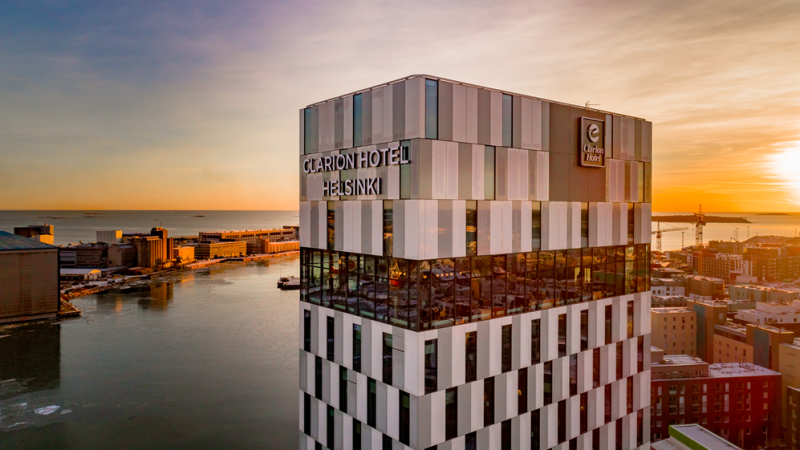When we spoke to Mark Spivey, Director of International Sales for Maritim, shortly before the pandemic, the German exquisite hotel chain was at the peak of its successful expansion and growth, marking 2019 as a record-breaking year. Early 2020 was also promising until the COVID-19 pandemic hit the world, with the subsequent lockdowns decimating the hospitality sector.
“Since our last interview, things have obviously changed quite considerably,” admits Mark Spivey, reflecting that although individual countries and regions handled Covid-19 differently, implementing varying policies from complete lockdowns to minimal restrictions, the pandemic ultimately caused the collapse of whole industries.
Germany, Maritim’s primary market, enforced prolonged restrictions and the hotels remained partially closed, with operations only fully resumed in April 2022. As with much of the hospitality industry, this abrupt loss of business posed a serious threat to Maritim’s financial stability and led to significant disruptions to the workforce.
“The biggest problem was the uncertainty – we went from being a solid, very affluent, privately-owned company to not knowing what the following day and week would bring, having to make serious decisions regarding staffing and operations. At the end, we were left with a decimated service structure to face a gradual revival of the business,” states Spivey.
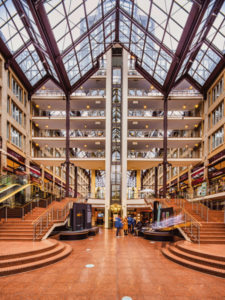 The people sector
The people sector
Indeed, one of the most challenging aspects of Maritim’s pandemic experience was a drastic reduction in staffing. In Germany, the company’s workforce fell from over 5,000 employees to under 2,700 and the prolonged shutdown led many mid- and lower-level staff members to leave the industry for other opportunities.
Spivey admits that as business picked up post-lockdown, Maritim faced a serious shortage of qualified staff to meet rising demand. “After the pandemic, staffing was the biggest elephant in the room. We were forced to communicate to customers, especially companies, that with the people we have, we would not be able to provide the same level of service as before, yet would be charging more.”
To address this challenge, the company took a pro-active approach and started to increase recruitment by promoting apprenticeships and internships. “We now have some 900 trainees in the first or second year after COVID, so are basically rebuilding the industry up again,” says Spivey.
Still, a return to pre-pandemic levels has not happened, he admits, saying that COVID-19 has caused long-term changes to the industry, as the shift toward part-time and remote work preferences continues.
“The hospitality industry’s core relies on in-person service. Our industry cannot function on remote, our industry is a people industry, it’s about the interaction of people. Although the reverse is now also happening to some extent, i.e. people who dislike working from home are coming back, staff shortages will continue to be an issue for the foreseeable future.”
Recovery and Strategic Expansion
Speaking about market developments in the wake of the pandemic, he admits that while initially individual travel has soared, corporate travel has returned only at a reduced rate. “However, what has come back are conferences, and we are seeing a shift now towards group leisure travel as well, with markets such as the US and most of Europe resuming travel robustly. Asia has returned quickly, specifically from Korea and Taiwan, with Japan slower to return in 2024 and China is returning in the business group market.”
While the company reverted to sell several owned hotels during the pandemic, Maritim managed to invest in high-potential sites, such as its Mauritius property, which was significantly expanded and revamped. The Group also maintained selected conference facilities across Germany, positioning itself as a premier conference provider in Europe.
The highlight has been the opening of Maritim’s flagship conference facility in Amsterdam. Strategically located near Amsterdam’s main railway station, the hotel offers extensive conference facilities, with a main auditorium for 2,400 people, another hall for 1,200, and multiple board rooms, catering to international demand.
“Amsterdam is a major milestone – our facility is the biggest conference hotel not only for the city but for the whole of the Netherlands. With its 579 flagship rooms, the hotel is a brilliant product and we have seen a massive pickup on enquiries, especially from the US and UK markets,” says Spivey, adding that Maritim’s offering is unique in the market.
“Maritim’s reputation as a major conference facility provider in Europe remains a cornerstone of our business model; we are a preferred choice for high-profile events such as those hosted by the UN and UNESCO. We have the right facilities, we are very professional and we have a track record of catering for events big or small.”
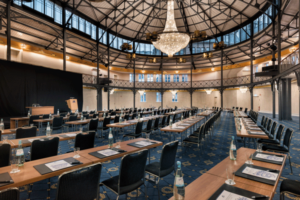 Leading the way in sustainability
Leading the way in sustainability
In doing so, Maritim has long been recognised as a passionate promoter of sustainability. Spivey points out that the company has championed environmentally conscious practices for over two decades, starting when sustainability wasn’t even a topic for most, and early on earned certifications such as the Green Globe.
Sustainable practices are integrated across Maritim’s properties, and unlike many hotel chains, Maritim prioritizes operational autonomy, allowing each hotel to implement practices suited to its location. For instance, hotels in the Black Forest region source over 50% of their ingredients from local suppliers within a 50-kilometre radius to reduce transport emissions and to support regional economies.
Additionally, Maritim hotels utilize energy-efficient systems, such as solar panels that produce excess power, contributing to local energy grids in select locations. Maritim’s properties are equipped with lighting sensors, energy-saving water systems, and centralized waste-reduction programmes (including clever methods for food waste reduction), setting a high standard for eco-conscious hospitality practices.
“We are proud of our ProTomorrow scheme that allows guests to opt out of daily cleaning services to reduce the environmental burden, with half of the cost savings donated to local charities. Last year alone, the scheme donated some €350,000 to charities in Germany,” says Spivey. “The thing is, unlike most, we don’t boast about our environmental efforts, but ESG has been in Maritim’s DNA for decades and we have been way ahead of others in this respect.”
Benchmark for the premium hospitality sector
Looking at Maritim’s progress over the last two years, it seems that the German hotel chain is back on the road to full recovery, with ambitious plans for the future, and not just for its home market.
Spivey reveals that Maritim is set to open properties in Tunisia and southern Italy, diversifying Maritim’s portfolio to include more leisure destinations alongside its conference-centric hotels. “These developments are a bit away from our norm, but we’re looking at hotels which give us not just an ethos of conference and congress facilities, but also leisure destinations.”
In concluding, he affirms that the Maritim brand will continue to stand for top-quality service, warm hospitality and reliability. By placing people, the environment, and local communities at the heart of its business, Maritim sets an example for how hospitality can serve a greater purpose while still meeting the demands of the modern traveller.
